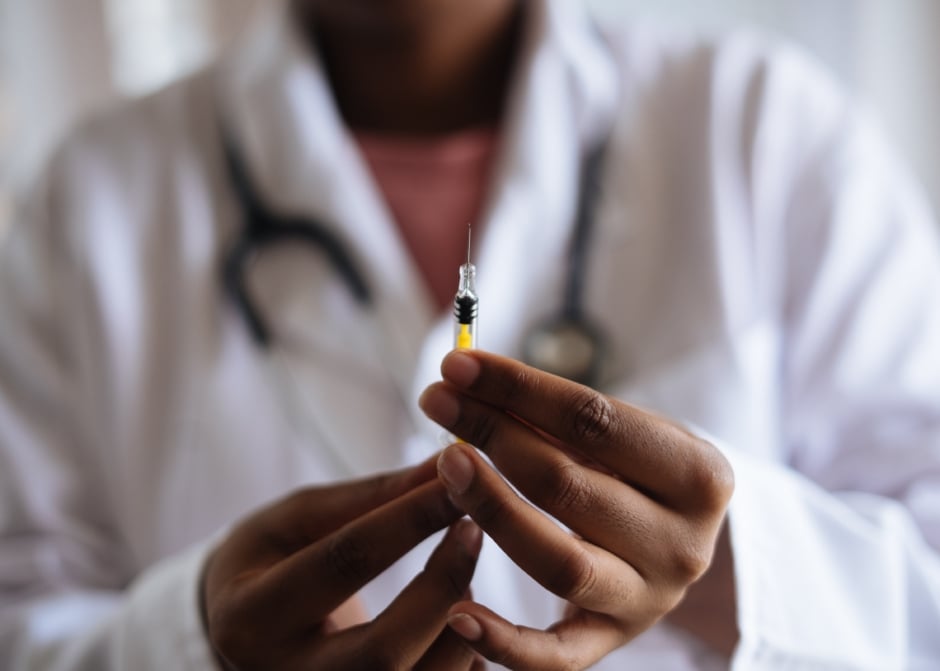London, United Kingdom, 9th June, 2020
World leaders and representatives from 52 countries have united in a global effort to immunise 300 million children by the end of 2025. The Global Vaccine Summit, hosted in the UK on Thursday 4th June, exceeded its target of $7.4 billion by raising $8.8 billion from 32 donor governments and 12 foundations, corporations, and organisations. These funds will enable Gavi, the Vaccine Alliance, to initiate a programme that will support the world’s poorest countries by supplying vaccines for measles, polio, and diphtheria. In addition, these funds will also provide COVID-19 support to healthcare systems and infrastructure following a warning from Gavi, the World Health Organization (WHO), and UNICEF that disruptions to immunisation programmes from COVID-19 have led to 80 million children under the age of one being at risk of disease.
The UK has pledged the largest sum to Gavi, the equivalent of £330 million per year over the next five years, as Prime Minister Boris Johnson described the total contributions as a “triumph of humanity over disease”. The Bill & Belinda Gates foundation were among other top donors; Bill Gates explained that “To beat the COVID-19 pandemic, the world needs more than breakthrough science. It needs breakthrough generosity. When COVID-19 vaccines are ready, this funding and global coordination will ensure that people all over the world will be able to access them.”
Alongside the large donations, a host of commitments and partnerships were also launched at the summit to add further support to Gavi’s goals. AstraZeneca, MSD, GSK, Innovax, Serum Institute of India (SII), and Walvax were among the vaccine manufacturers who made pledges to support the cause by supplying vaccines to lower-income countries.
Whilst celebrating the huge success of the event Dr Seth Berkley, CEO of Gavi, was keen to point out that the summit marks just the beginning and that a truly global effort is required to safeguard future generations from all diseases: “One thing that has been made all too clear over the past few months is that this disease does not respect borders, which is why this global problem requires a global solution. After today’s success, we now need support to help ensure the most vulnerable people in low- and middle-income countries – as well as those in high- and upper middle-income countries – have access to COVID-19 vaccines.”








